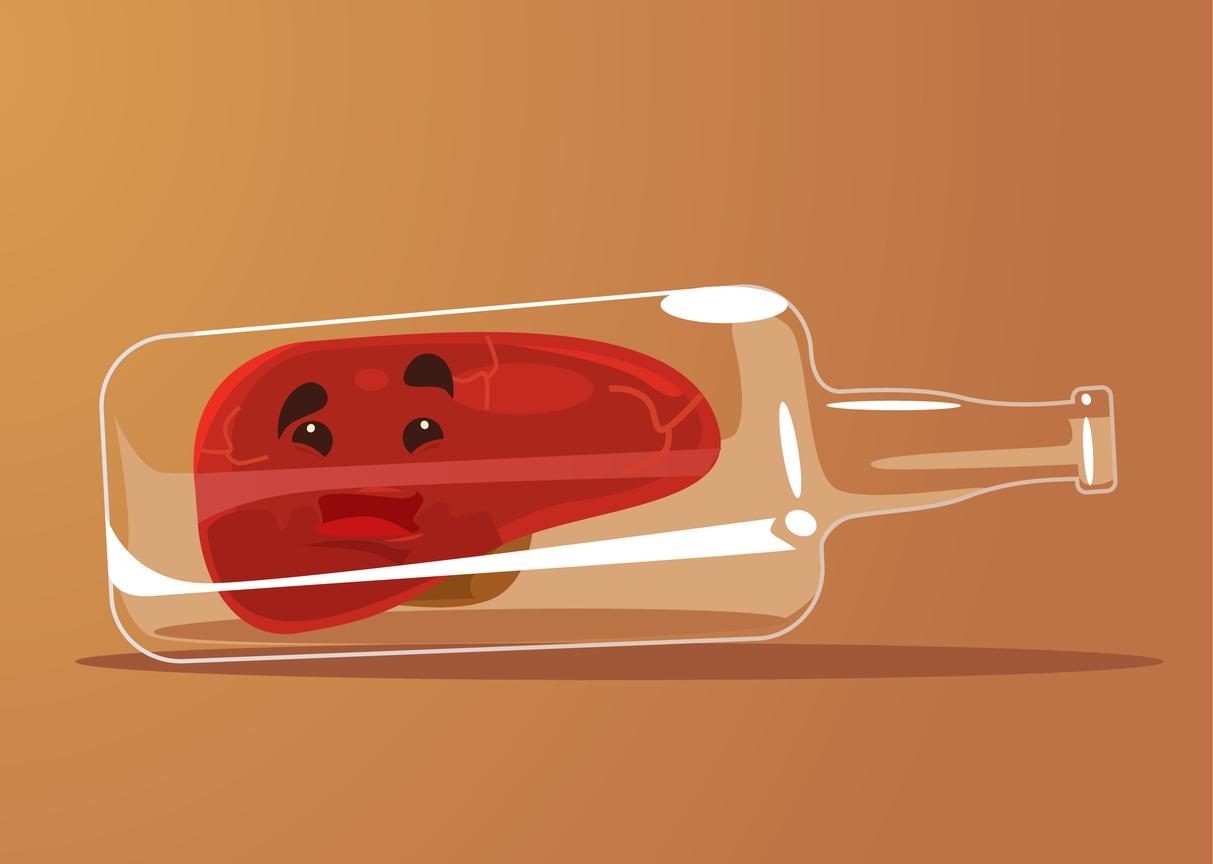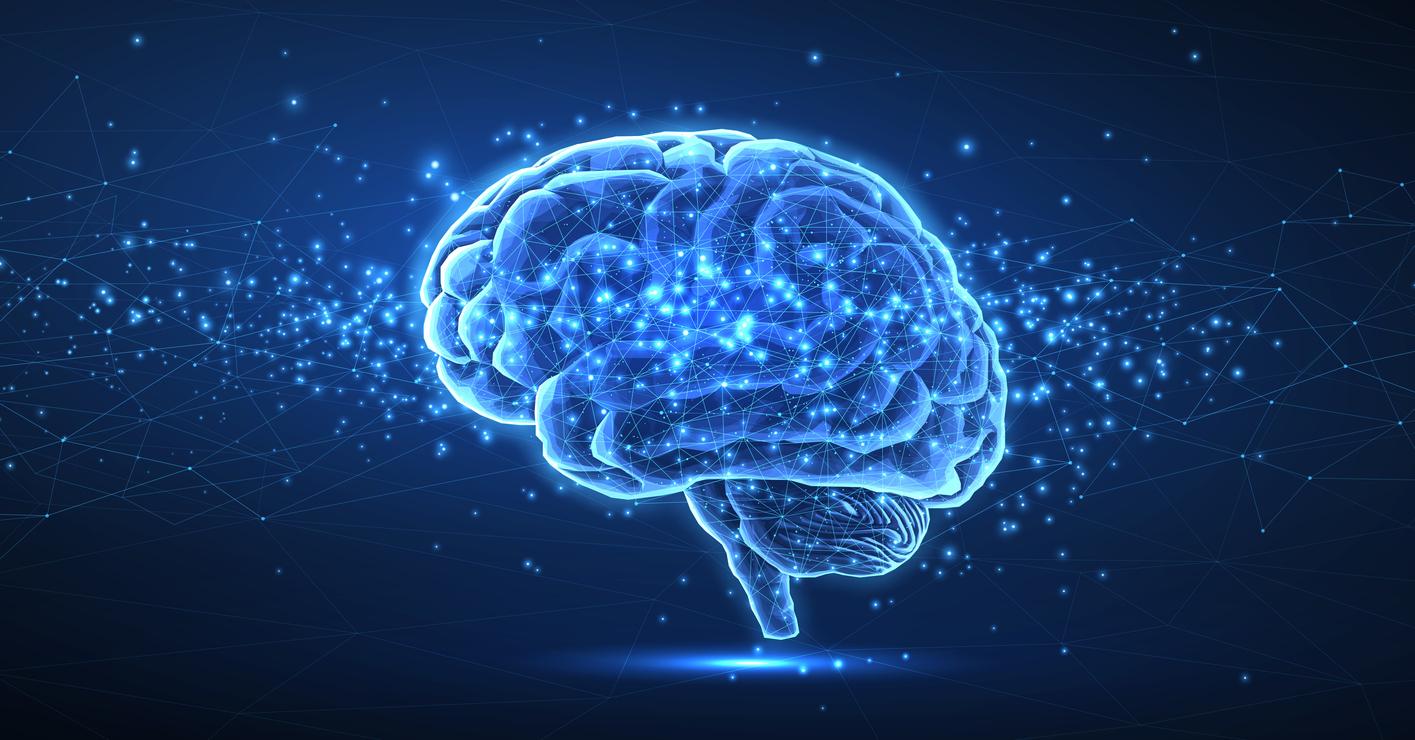A neurologist has revealed the age at which people should definitely stop drinking alcohol to prevent the risk of dementia.

- Alcohol can cause significant damage to your health, especially when consumed frequently and excessively.
- Neurologist Dr. Richard Restak described alcohol as a “direct neurotoxin,” which impairs or destroys the functioning of the nervous system.
- This specialist therefore advised stopping alcohol permanently from the age of 65, in order to prevent the risk of dementia.
In France, alcohol consumption is linked to 49,000 deaths per year, according to the Ministry of Labor, Health and Solidarity. Regular alcohol drinkers can suffer significant health damage. Beyond two drinks per day for women and three drinks per day for men, alcohol is considered a major risk factor for certain cancers (mouth, throat, esophagus, colon-rectum), liver diseases (cirrhosis) and pancreas, cardiovascular or psychological disorders (anxiety, depression, etc.).
Alcohol, a “direct neurotoxin”, which impairs the functioning of the brain and memory
Excessive consumption may also be associated with early dementia. In an interview given in the Sun, Dr. Richard Restak, neurologist, compared alcohol to a “direct neurotoxin”, in other words a substance that damages or destroys the functioning of the nervous system. This damage due to alcohol could therefore alter our brain and our memory.
To prevent these risks, the specialist revealed the age at which alcohol should be completely avoided. “I strongly suggest that people aged 65 or older completely and permanently eliminate alcohol from their diet,” recommended the author of the book How to Prevent Dementia: An Expert’s Guide to Long-Term Brain Health. He also advised reconsidering your relationship with alcohol, regardless of age, when it is a means to calm your anger or relieve your anxiety.

Wernicke-Korsakoff syndrome: dementia associated with excessive alcohol consumption
According to the neurologist, there is a specific dementia that can affect excessive alcohol drinkers: Wernicke-Korsakoff syndrome. It is characterized by “severe loss of recent memory” And “results from the direct effect of alcohol on the brain“, described Doctor Richard Restak. In the long term, excessive alcohol consumption can also cause a vitamin B1 deficiency, which can cause this syndrome.
















